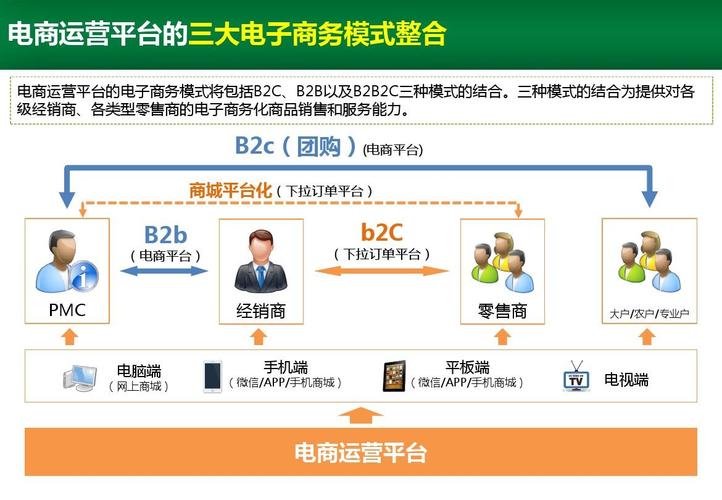Title: Crafting an Effective Online Retail Operation Strategy
In the digital age, the realm of retail has been revolutionized by the emergence of online platforms. For entrepreneurs venturing into the realm of ecommerce, establishing a robust operational strategy is paramount for success. Here, we delve into key components and actionable insights for devising an effective online retail operation plan.
1. Market Research and Target Audience Identification:
Market Analysis:
Conduct thorough market research to comprehend industry trends, competitor landscape, and consumer preferences.
Target Audience Profiling:
Define and understand your target demographic to tailor your offerings and marketing efforts effectively.
2. Platform Selection and Development:
Platform Evaluation:
Choose a suitable ecommerce platform based on scalability, customization options, userfriendliness, and costeffectiveness.
Website Development:
Invest in professional website development to ensure seamless navigation, responsive design, and secure transactions.
3. Product Selection and Inventory Management:
Product Curation:
Curate a diverse yet focused product range that aligns with your target audience's interests and demands.

Inventory Optimization:
Implement efficient inventory management systems to monitor stock levels, minimize overstocking or stockouts, and synchronize with sales forecasts.
4. Marketing and Customer Acquisition:
Digital Marketing Strategies:
Employ a mix of SEO, social media marketing, email campaigns, influencer partnerships, and PPC advertising to enhance brand visibility and drive traffic.
Customer Relationship Management:
Foster strong relationships with customers through personalized communication, exceptional customer service, and loyalty programs.
5. Logistics and Fulfillment:
Shipping Solutions:
Partner with reliable shipping carriers to offer varied shipping options, transparent tracking, and timely deliveries.
Warehousing:
Optimize warehousing processes to streamline order fulfillment, minimize shipping costs, and enhance customer satisfaction.
6. Payment Gateways and Security:
Secure Payment Gateways:
Integrate trusted payment gateways to offer diverse payment options and ensure secure transactions.
Data Protection:
Implement robust cybersecurity measures to safeguard customer data and instill trust in your brand.
7. Analytics and Performance Tracking:
Data Analytics Tools:
Utilize analytics tools to track key performance metrics such as website traffic, conversion rates, customer acquisition costs, and ROI.
Continuous Optimization:
Regularly analyze data insights to identify strengths, weaknesses, and opportunities for refinement in your operational strategy.
8. Scalability and Adaptability:
Future Planning:
Anticipate future growth and scalability requirements by investing in flexible infrastructure, technology upgrades, and workforce development.
Adaptation to Trends:
Stay agile and adaptable to evolving market trends, consumer behaviors, and technological advancements to remain competitive.
Conclusion:
Establishing and maintaining a successful online retail operation demands a strategic approach encompassing market research, platform selection, product management, marketing initiatives, logistics optimization, security measures, data analytics, and adaptability to change. By prioritizing these key areas and continually refining your operational strategy, you can navigate the dynamic ecommerce landscape with confidence and achieve sustainable growth and profitability.
This comprehensive approach to online retail operation provides a roadmap for aspiring entrepreneurs and existing ecommerce businesses seeking to enhance their operational efficiency and maximize their market potential.
文章已关闭评论!
